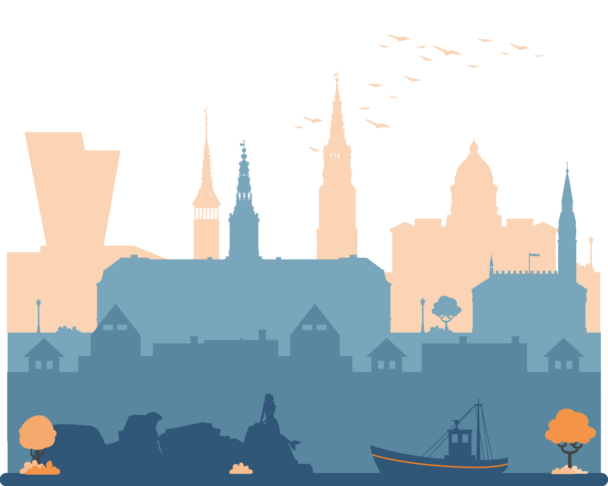Description
Children and youngsters naturally enjoy games and cooperative activities and learn more with them. When they face big obstacles, however, they struggle more than adults in finding balance and harmony and can revert more easily to individualism.
Can we teach them the power of cooperation, instead, and have them learn to solve complex issues and develop critical thinking by working as a team? This is quite important: it is the basis for democracy and active participation!
The course will explain a variety of group-work techniques – such as collaborative writing, classroom assembly, and group investigations – to make students learn to debate and collaborate in making research and sorting out complex problems.
These techniques have their roots in the inspirational work of many contemporary pedagogy authors: Lorenzo Milani, Célestin Freinet, John Dewey, and Yael Sharan. Thus, the course also represents an introduction to debate and social thinking grounded in the masterworks of the educational studies founders.
Participants will discover the techniques proposed for group work, and discuss their potentialities and limits. The course will also give so much space for participants to develop their creativity, get inspired by others’ input, and elaborate activities and solutions for their classroom.
By the end of the course, participants will design new activities ready for use once back home and be able to adapt the methodologies explored to their work context.
They will be deeply inspired by the efficacy of cooperative education and feel ready to make their students closer to democracy by having them collaborate with their peers.
What is included
Learning outcomes
The course will help the participants to:
- Identify the core features of participation and cooperation;
- Support collaboration and dialogue among students with cooperative tools based on democracy;
- Learn different strategies and techniques of group work inspired by the founders of contemporary pedagogy;
- Facilitate their students in the making choices process through collaborative writing and classroom assembly;
- Develop their active listening skills for increasing positive communication;
- Exercise their creativity in order to create new tools for their work;
- Find motivation by engaging in active reflection and group games with other educators and teachers.
Tentative schedule
Day 1 – Let’s get started!
- Introduction to the course, the school, and the external week activities;
- Icebreaker activities;
- Presentations of the participants’ schools;
- What do we mean by “inclusion” and “participation” in education?
Day 2 – Tools for democracy and participation
- Cooperative practices: challenges and potentialities;
- Barbiana as a school-work model to prevent early school leaving;
- Activity: Collaborative writing following Don Milani’s school.
Day 3 – Can you hear me? Listening for learning new skills
- “Be all ears” exercise: active listening in pairs;
- Freinet and the classroom assembly: activity;
- Useful structures for the design of new tools;
- Let’s create something new – part I: switching into groups and setting the goals.
Day 4 – Work, well-being, and creativity
- Setting the space for creativity to flourish;
- How health and well-being influence our potential;
- Group investigation exercise;
- Let’s create something new – part II: developing the group work.
Day 5 – Sharing new ideas for a common toolkit
- One thing led to another: creativity exercise;
- Presentation of the new activities with the rest of the group;
- Creating a common toolkit for cooperative education.
Day 6 – Course closure and cultural activities
- Course evaluation: round-up of acquired competencies, feedback, and discussion;
- Awarding of the course Certificate of Attendance;
- Excursion and other external cultural activities.


